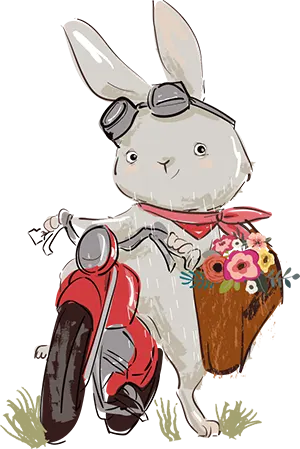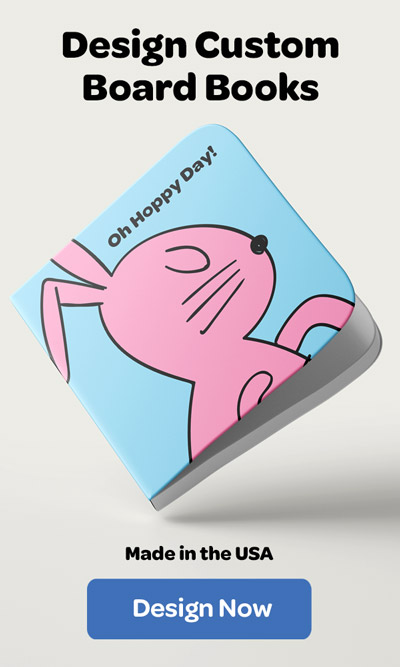
A smart start, when it comes to manners, is to give your kiddo the knowledge they need to build on as they grow and develop. Instead of waiting for your child to magically adopt table manners or a perfectly polite attitude when they get to grade school, check out these toddler- and preschooler-friendly teaching tips that are completely manageable for little kids.
 Someone is watching you! And it’s your child. Even when you don’t realize it, your child is taking note of what you’re doing and how you’re doing it. Along with watching you, they’re also starting to repeat just about everything you do. So if you say a “bad word,” chances are that your 3-year-old will repeat it — and most likely in the middle of your best friend’s wedding ceremony. Use your preschooler’s parroting ways to your advantage, showing off polite behaviors and marvelous manners that they can follow.
Someone is watching you! And it’s your child. Even when you don’t realize it, your child is taking note of what you’re doing and how you’re doing it. Along with watching you, they’re also starting to repeat just about everything you do. So if you say a “bad word,” chances are that your 3-year-old will repeat it — and most likely in the middle of your best friend’s wedding ceremony. Use your preschooler’s parroting ways to your advantage, showing off polite behaviors and marvelous manners that they can follow.
If your tot is struggling to remember basics, such as keeping their head off the dining room table or saying please and thank you, make a “reminder book.” Snap pics of your child acting out manner-filled scenes. Put the pictures into a photo book, adding captions, explanations or even how-to steps. Read and re-read the book with your child, asking them to point to the pictures and explain what the manner rule for the page is.
It’s tempting to let your tot use their fingers during breakfast, lunch and dinner times. Even though finger foods are part of your child’s transition from liquids to solids, at some point your kiddo needs to learn about something called a fork. Oh, and a spoon too. Give your toddler kid-friendly, soft-edged utensils to explore and experiment with. They might not get 100% of the food into their mouth. And that’s okay. It’s the practice that counts here.
Teaching your tot the words “please” and “thank you” early on can save you the challenges that will come if you wait until they’re school-age to start enforcing this politeness policy. There’s no reason to complicate matters and get too in-depth with this concept. Your just-turned 2-year-old isn’t likely to understand the abstract meaning of the words yet. But they can repeat them at the right times. Coach your kiddo, prompting them to say please and thank you. They’ll catch on quickly. The older they get, the more they’ll start seeing for themselves that these words are part of being polite.
The concept of calling your elderly neighbor “Mrs.” Smith isn’t something that your child is born knowing. This type of acquired knowledge is something you need to give to your child. Randomly spouting off social rules, make a picture list. Use photos, draw designs or cut out pictures from a magazine. Post the pics next to each rule as a reminder. Display the rule list in an easy to see space, such as your kitchen bulletin board or the playroom wall. Keep your child on the right track by providing positive rule reinforcement. Make a sticker chart, or develop your own system, for rewarding your child each time that they follow the rules.
We hope these ideas will help make teaching your little one about manners fun and easy! Ready to get started? You can build your own manners book with our custom board book option or you can use our Kindness Is board book template.








